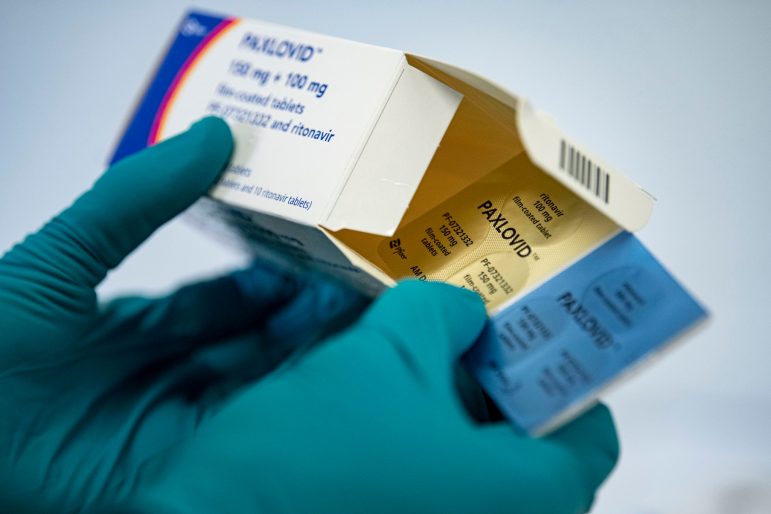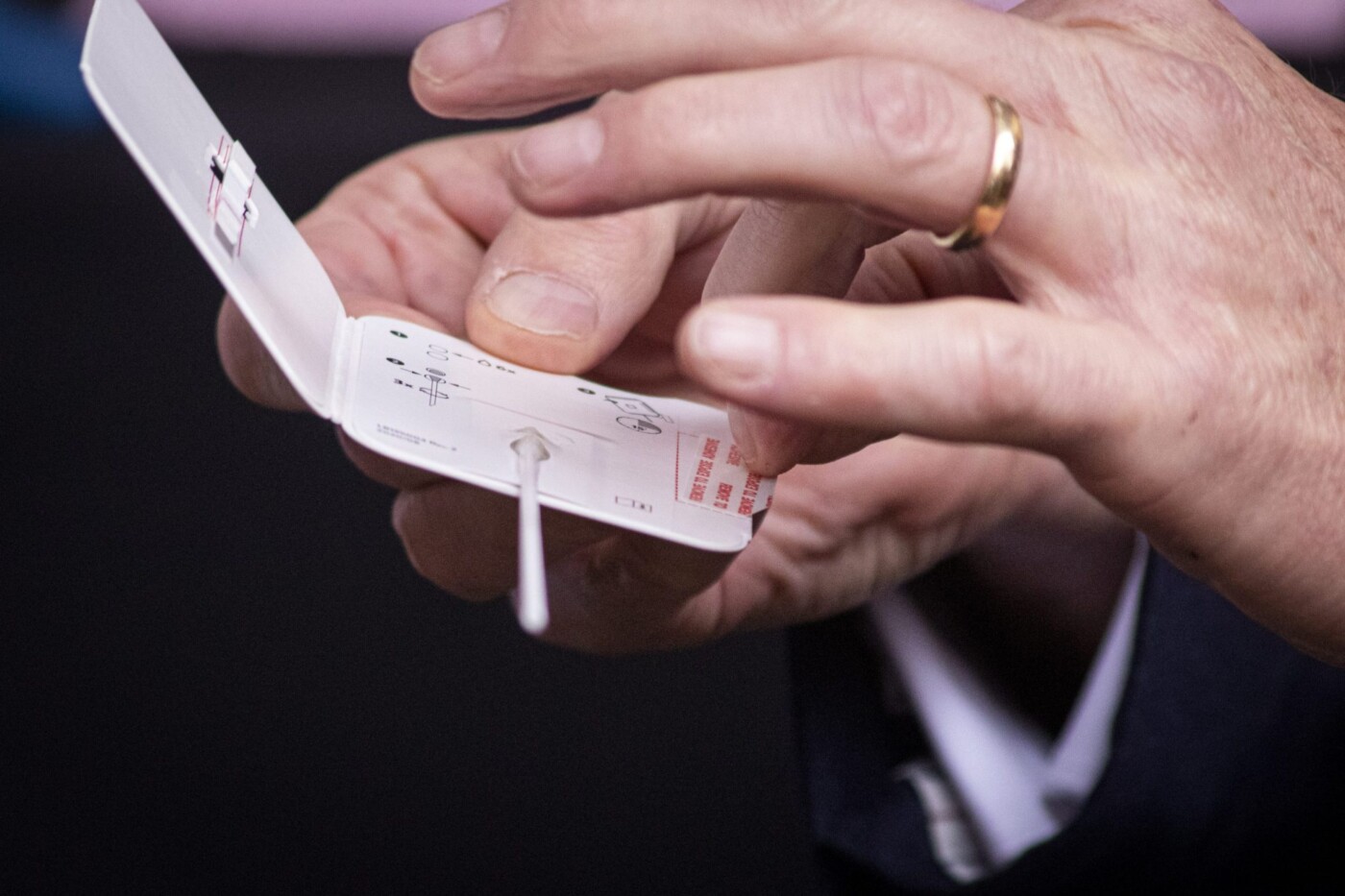Treatment is available for eligible people who become infected with COVID-19, Alameda County’s health officer told the Board of Supervisors Tuesday, but residents must access treatment quickly after symptoms start.
Treatment in pill form will not be effective following five days of symptoms, according to the county public health department. Treatment with an infusion of monoclonal antibodies must be started within seven days after the onset of symptoms, public health officials said.
Alameda County Health Officer Dr. Nicholas Moss wanted to make sure people know about the availability and Dr. Kathleen Clanon, medical director for the Alameda County Health Care Services Agency, elaborated on the treatments later in the day in an interview.
The available treatments are worth it, Clanon said. They reduce the risk of dying from COVID-19, whether a person is vaccinated or not.
Residents should get in touch with their medical provider to see if they are eligible.
“We are in the midst of a small surge,” Clanon said.
People are not landing in the hospital, but 500 to 600 people a day in the county are testing positive for the coronavirus, she said.
Moss said Tuesday that 50 people in the county were in the hospital with COVID-19 and five are in intensive care.
Clanon said residents who feel sick should get tested and seek treatment right away if the test is positive.
Eligibility for treatment is broader than many people think. Clanon said eligibility is not just for people who have illnesses such as cancer or diabetes, it includes people with depression and people from racial groups who are at higher risk for getting COVID-19.
A list of high-risk conditions can be found at https://covid-19.acgov.org/antibody-treatment.
The preferred treatment for eligible people with COVID-19 is Paxlovid, a pill. The treatment involves taking three pills two times a day for five days.

Unfortunately, people say Paxlovid makes a person’s mouth taste like metal. It also interacts with certain drugs, preventing some people from taking it. Fortunately, it is very effective against hospitalization and death.
Other treatments include Remdesivir, which is an intravenous infusion, and Molnupiravir, which is a pill. Molnupiravir is not as effective as Paxlovid, but it interacts with far fewer drugs, Clanon said.
The Food and Drug Administration has fully approved Remdesivir, not just for emergency use. Also, as of April 25, the FDA approved the drug for children 28 days and older, according to the agency.
Another treatment involves monoclonal antibodies, which blocks the coronavirus and nothing else. The downside is these antibodies may not work against a new variant of the coronavirus.
Evusheld is a treatment available for people who cannot get the vaccine or whose immune system cannot handle the COVID-19 vaccines. People may be eligible for Evusheld if they have not had COVID-19 or been exposed to it.
Treatment lasts for six months and can be received again, Clanon said. It can provide extra protection for some, Clanon said.
But, she said, the most effective thing to do is get vaccinated.
